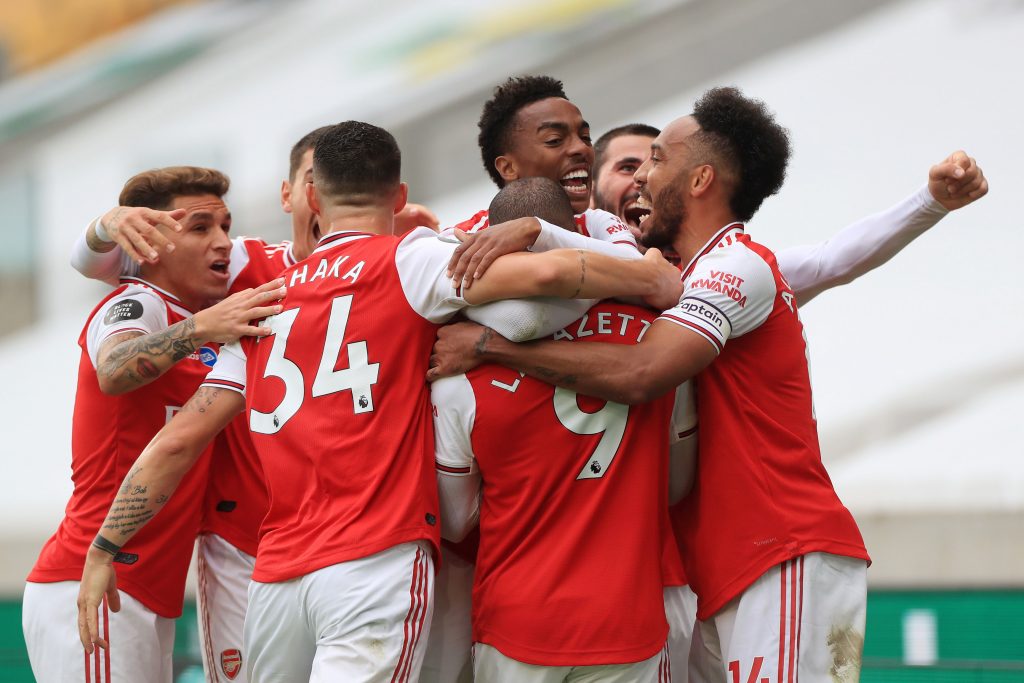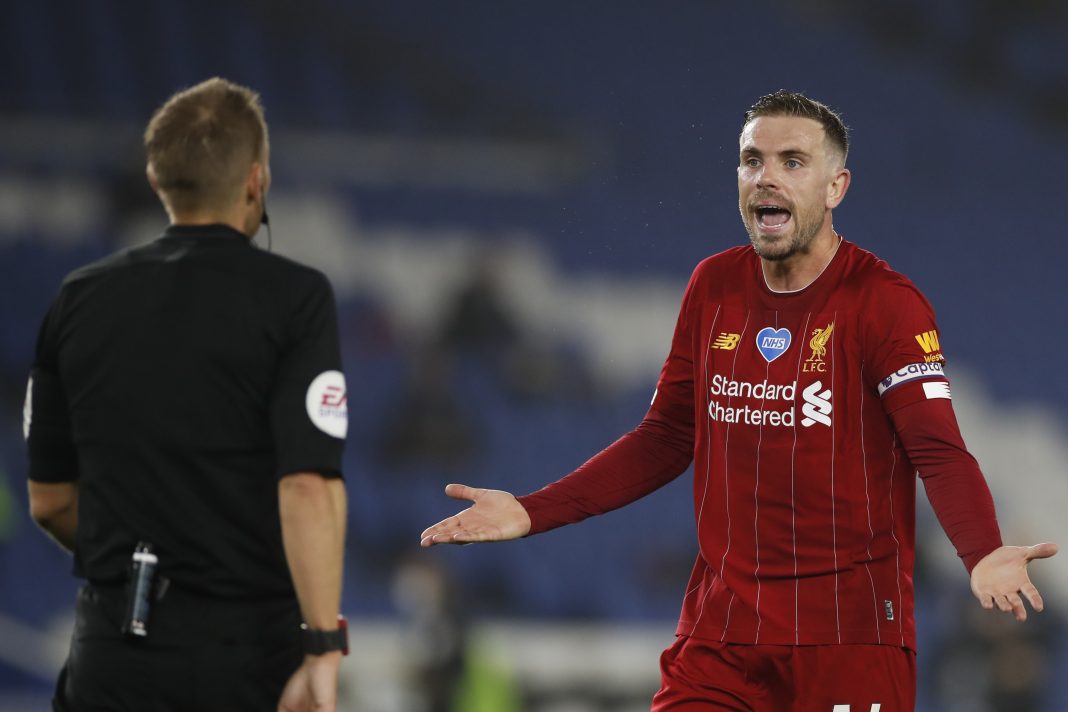The Premier League are reportedly not planning to continue televising every game next season, even if the stadiums remain partially shut.

The Athletic report that the Premier League won’t continue their current system of televising every game, next season. Instead, they’ll revert to the usual UK broadcast model, with Sky Sports, BT Sport and Amazon Prime showing a portion of the games.
According to the claims, this will remain the case even if stadiums remain partially shut. If no fans are allowed in to watch, there will be no legal way for UK supporters to watch their team. Even if the stadiums open with a reduction in capacity, it’ll still deny many the chance to watch.
Inevitably, this will lead to more illegal streaming. Many countries outside the UK already have the rights to show every game, so they’ll mirror their broadcasts back to UK fans and the Premier League will lose potential revenue.
This scenario will probably prove particularly difficult to manage for Arsenal.
The club reportedly have around 46,000 season-ticket holders in their 60,000-seater stadium. So if they can only fill a third of the stadium, for example, that means 26,000 unhappy season-ticket holders. Fans who can’t attend or even watch on TV.
Whether the club can put together an official online stream for those fans, remains to be seen. But you’d think that would end up conflicting with the current broadcasting regulations and agreements.
It’s a tricky situation already, and it seems the Premier League are set on making it more complicated.

